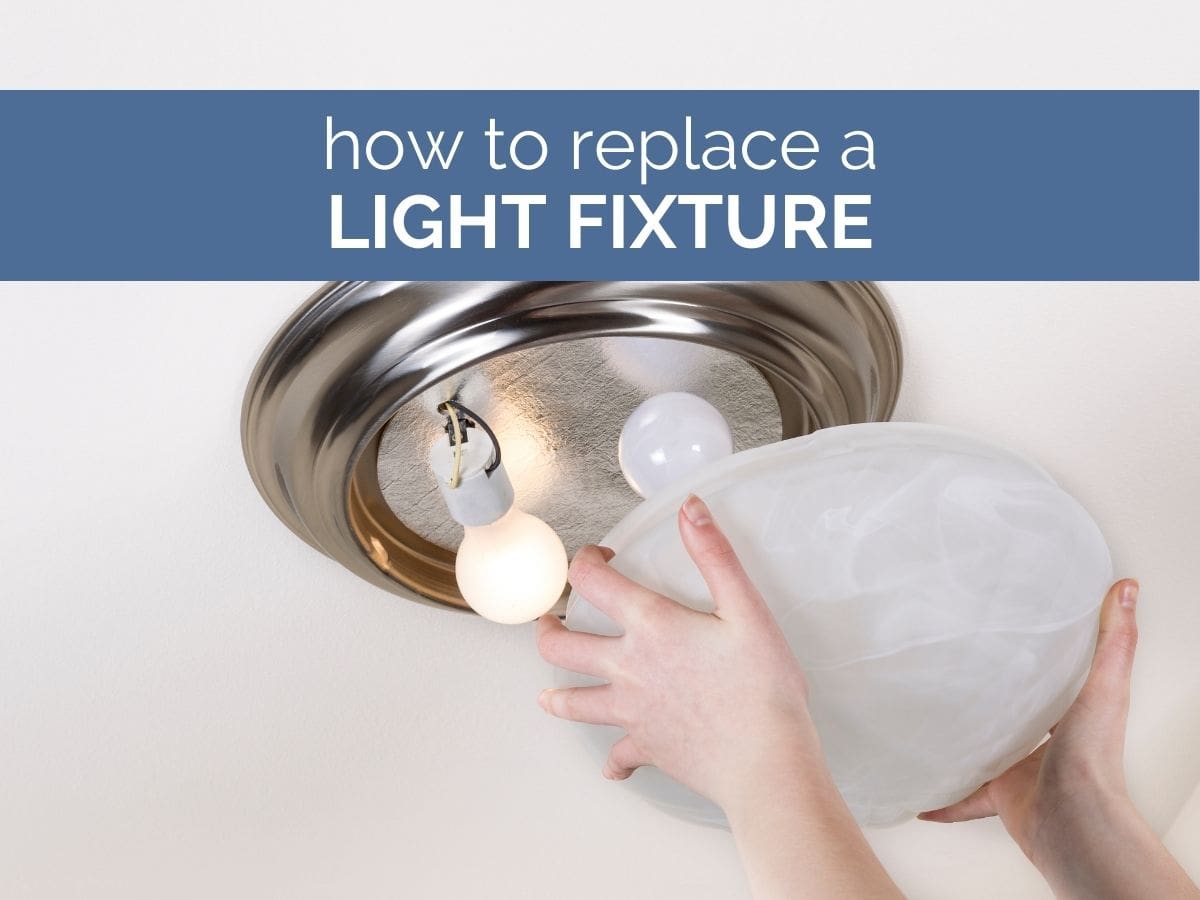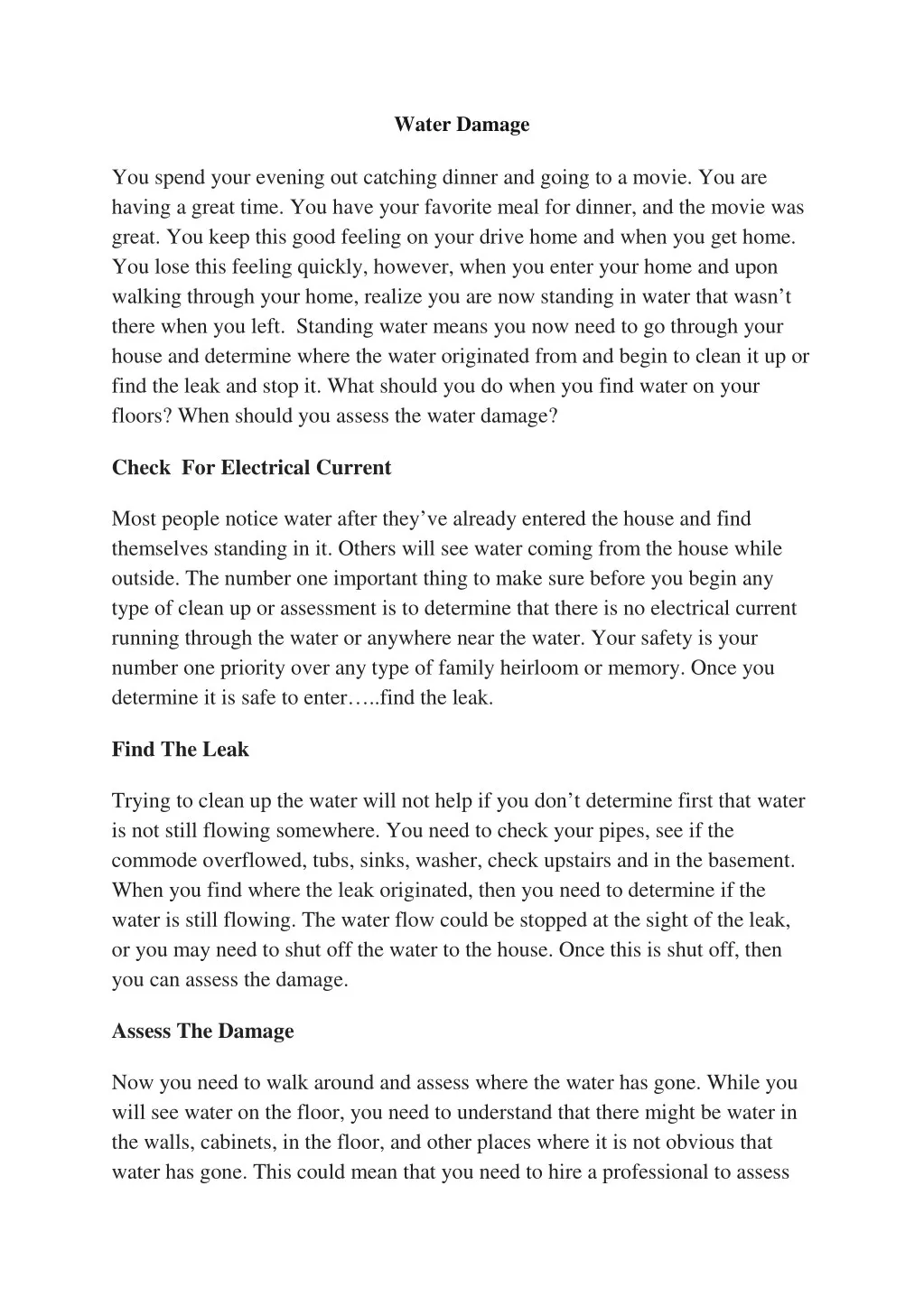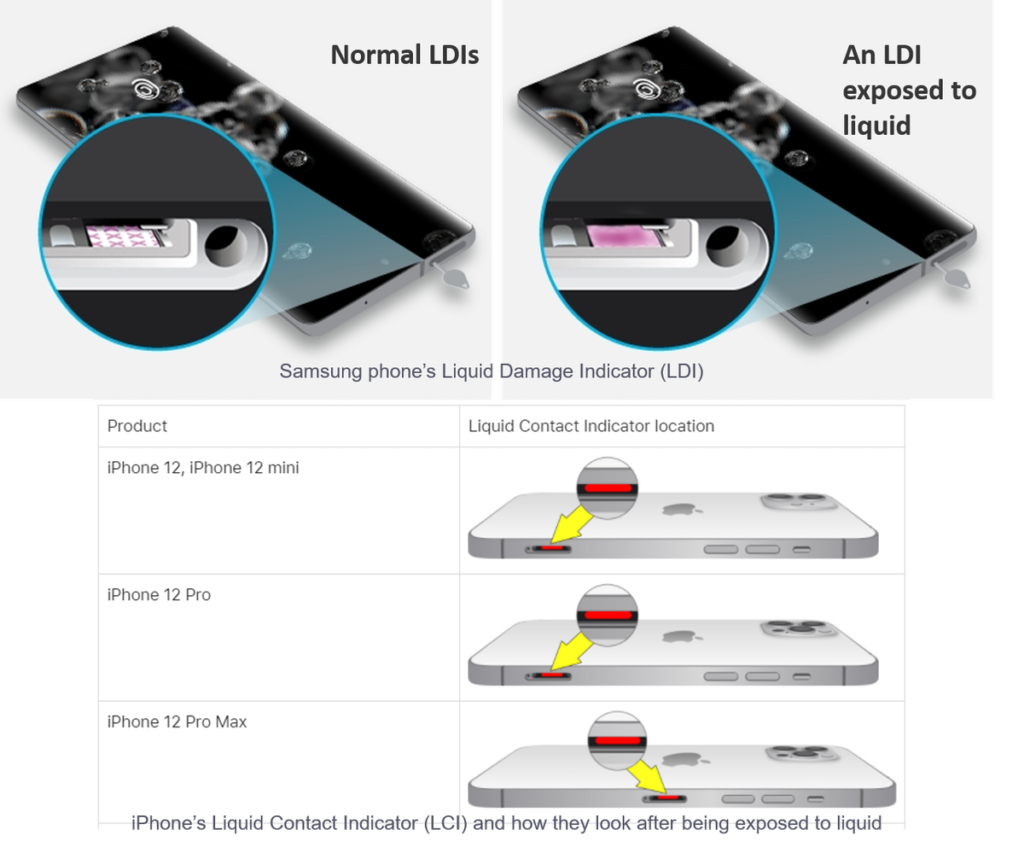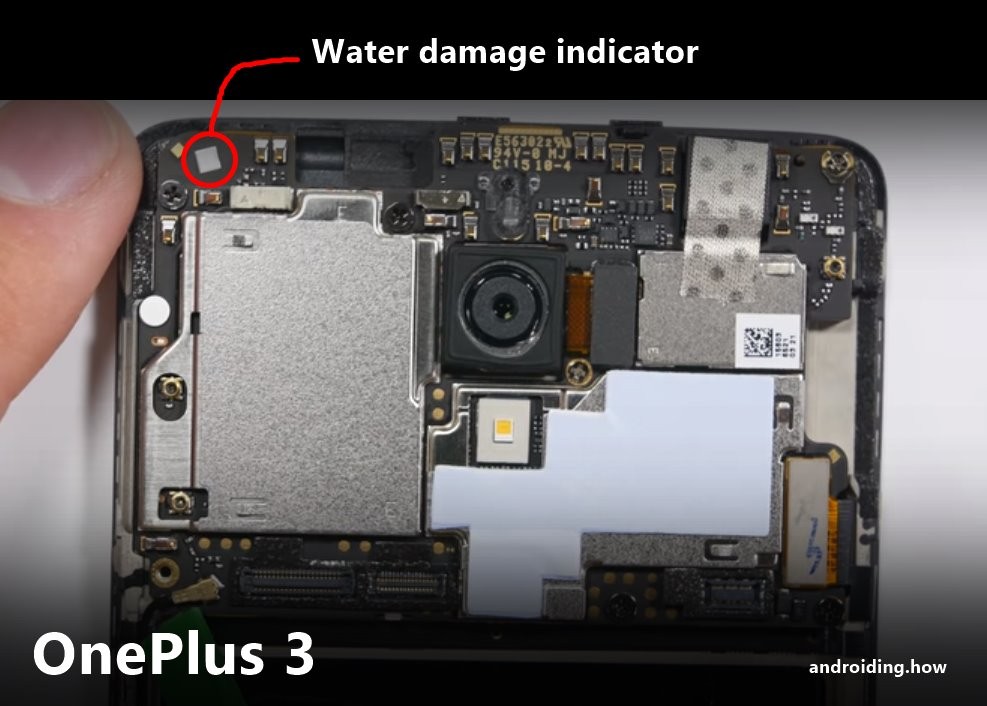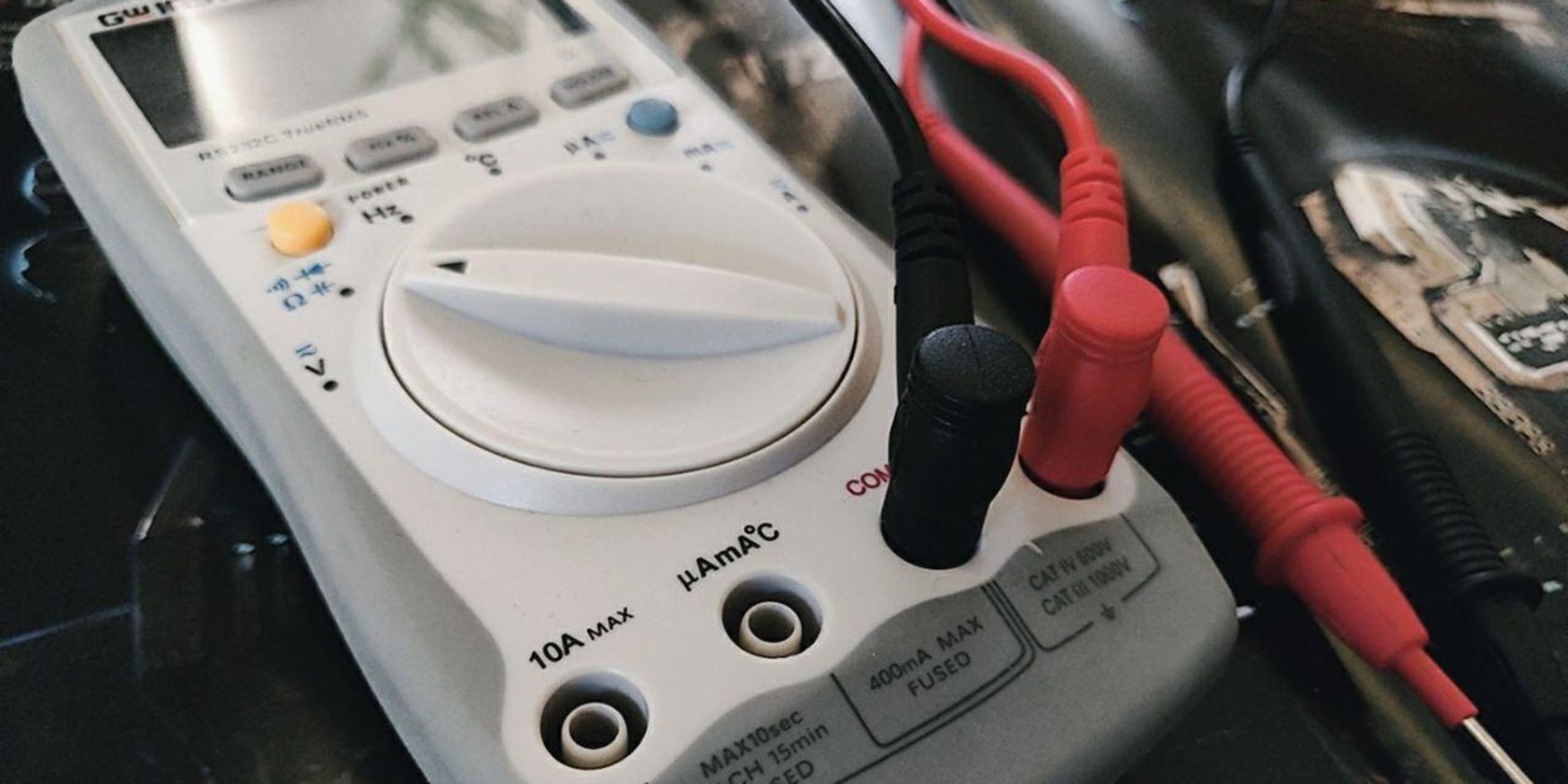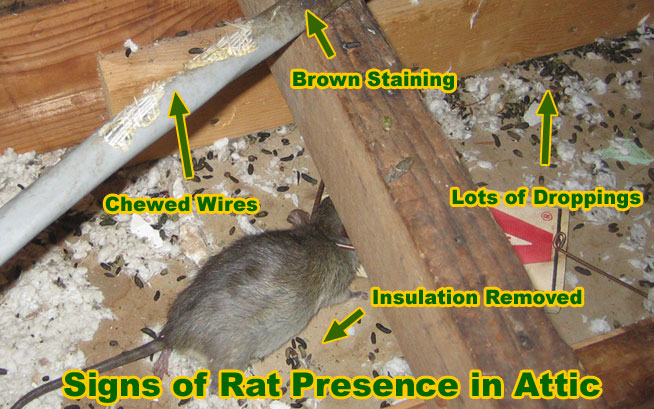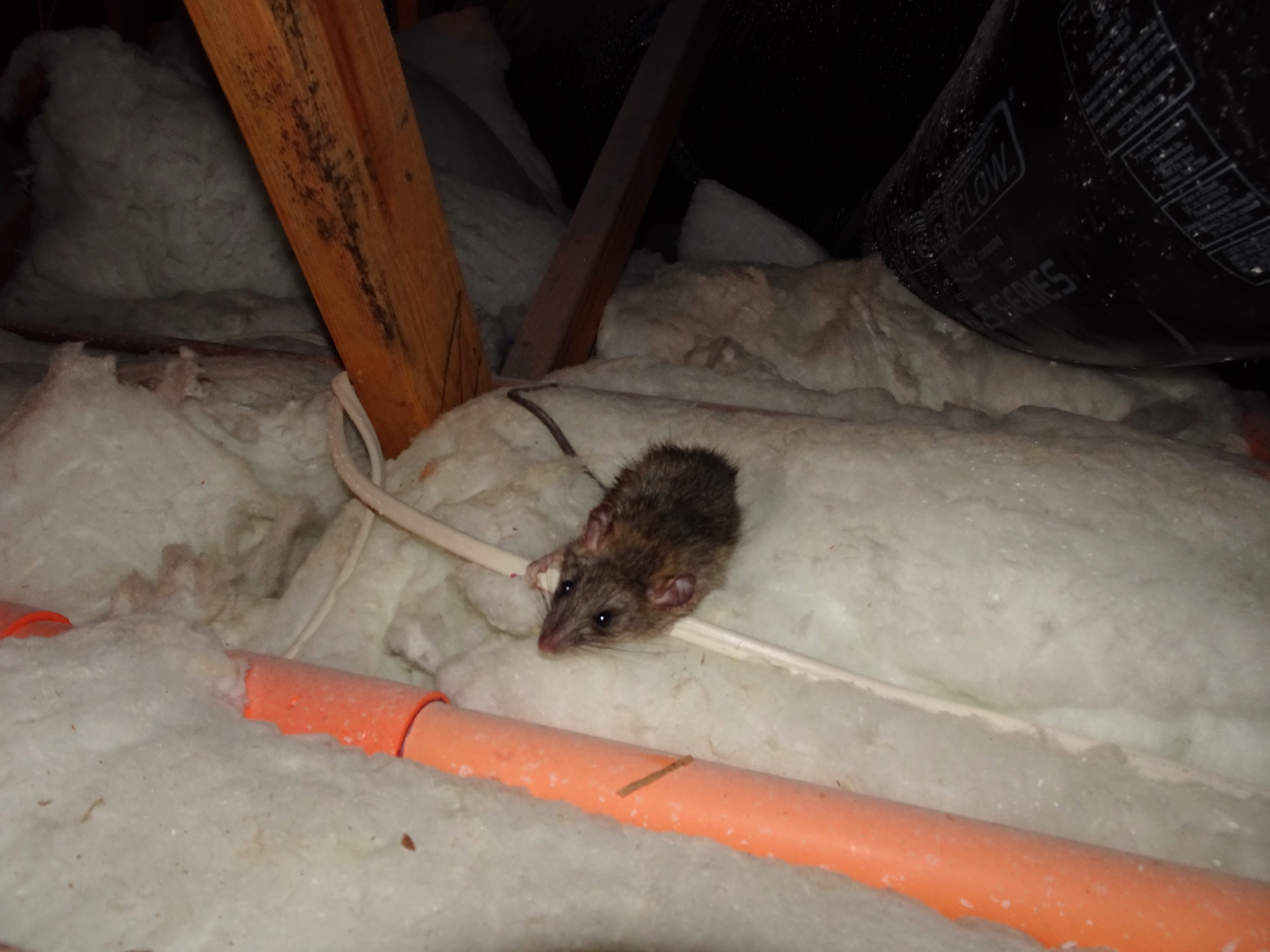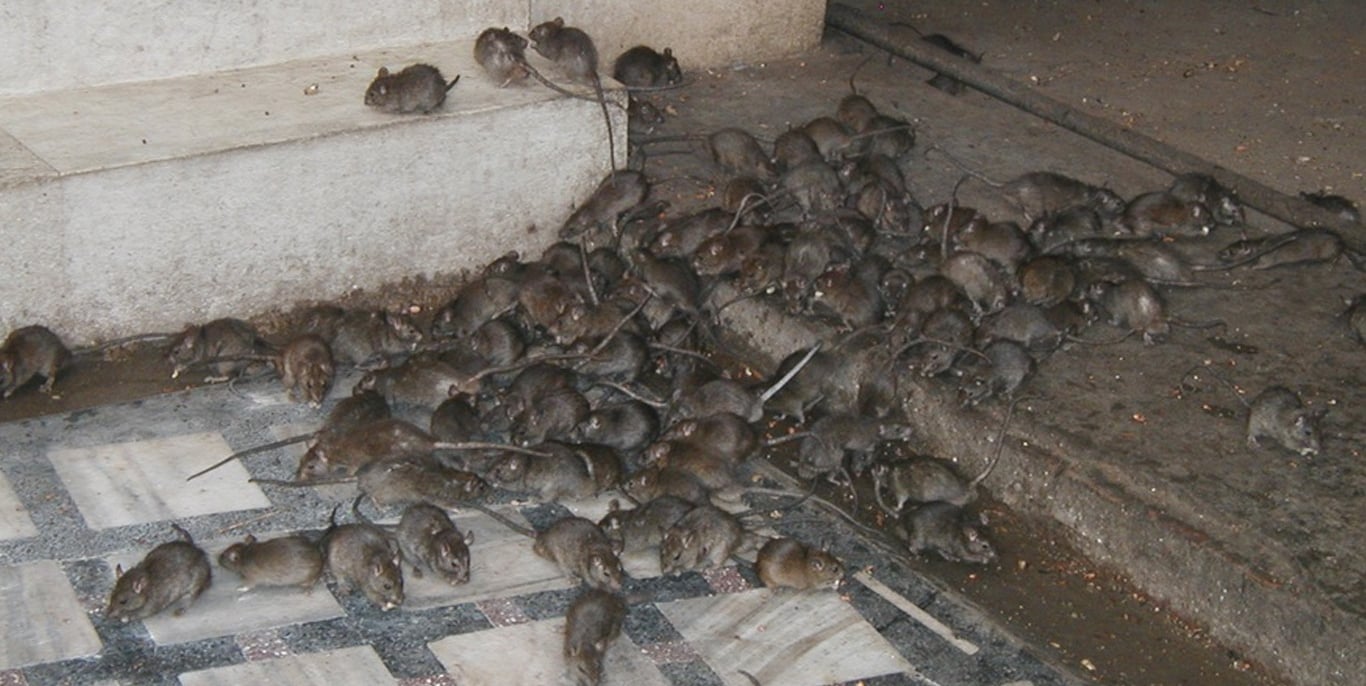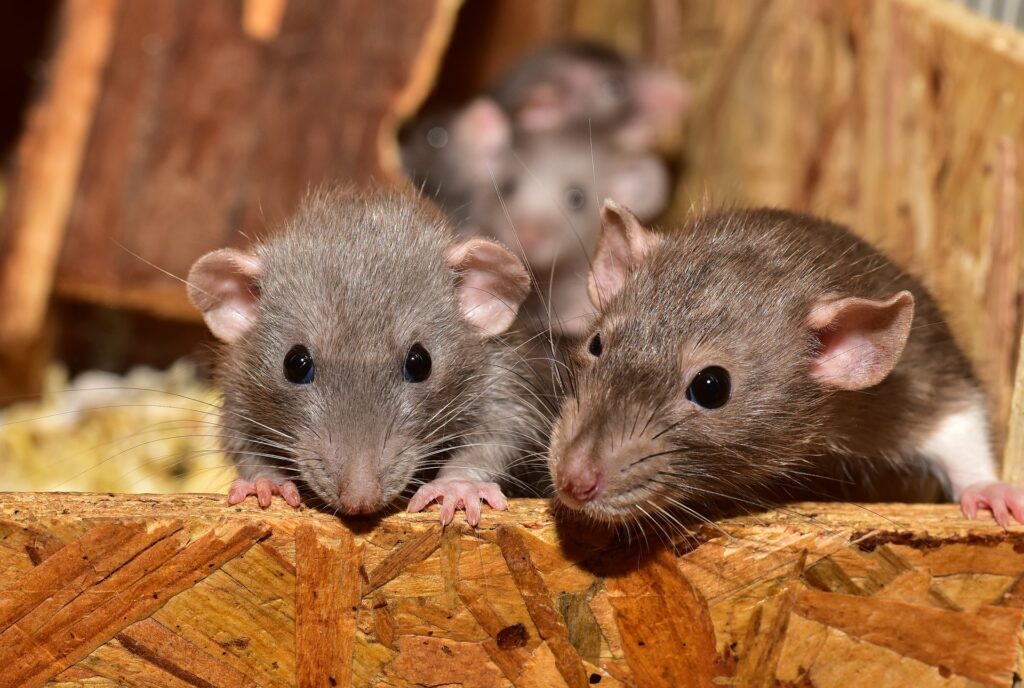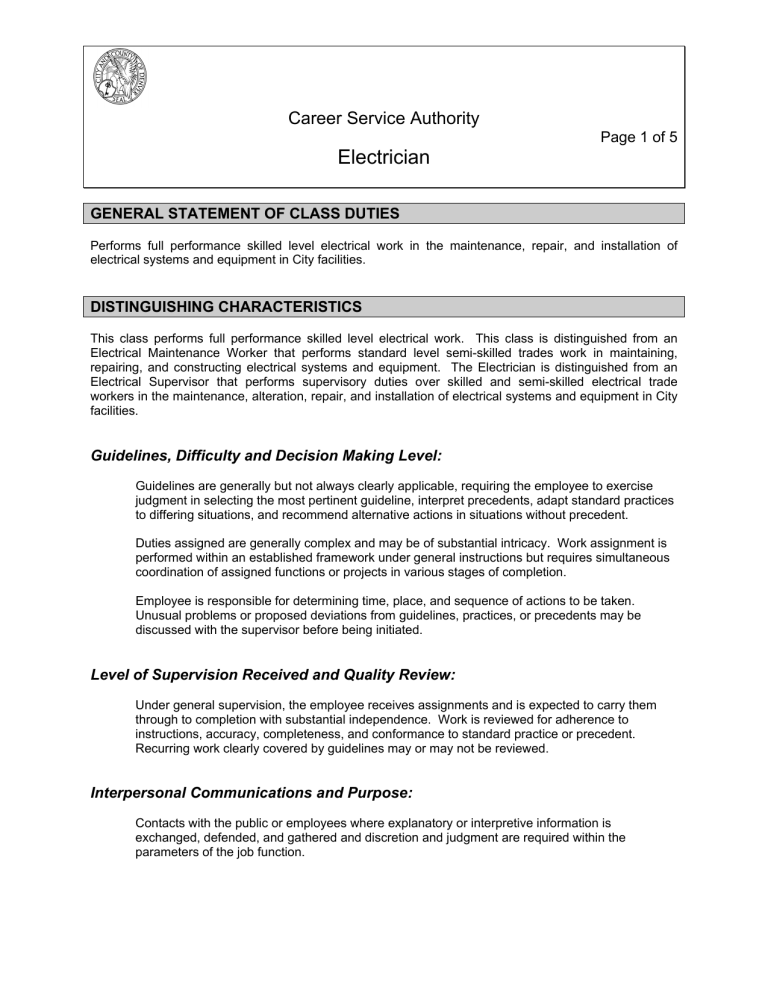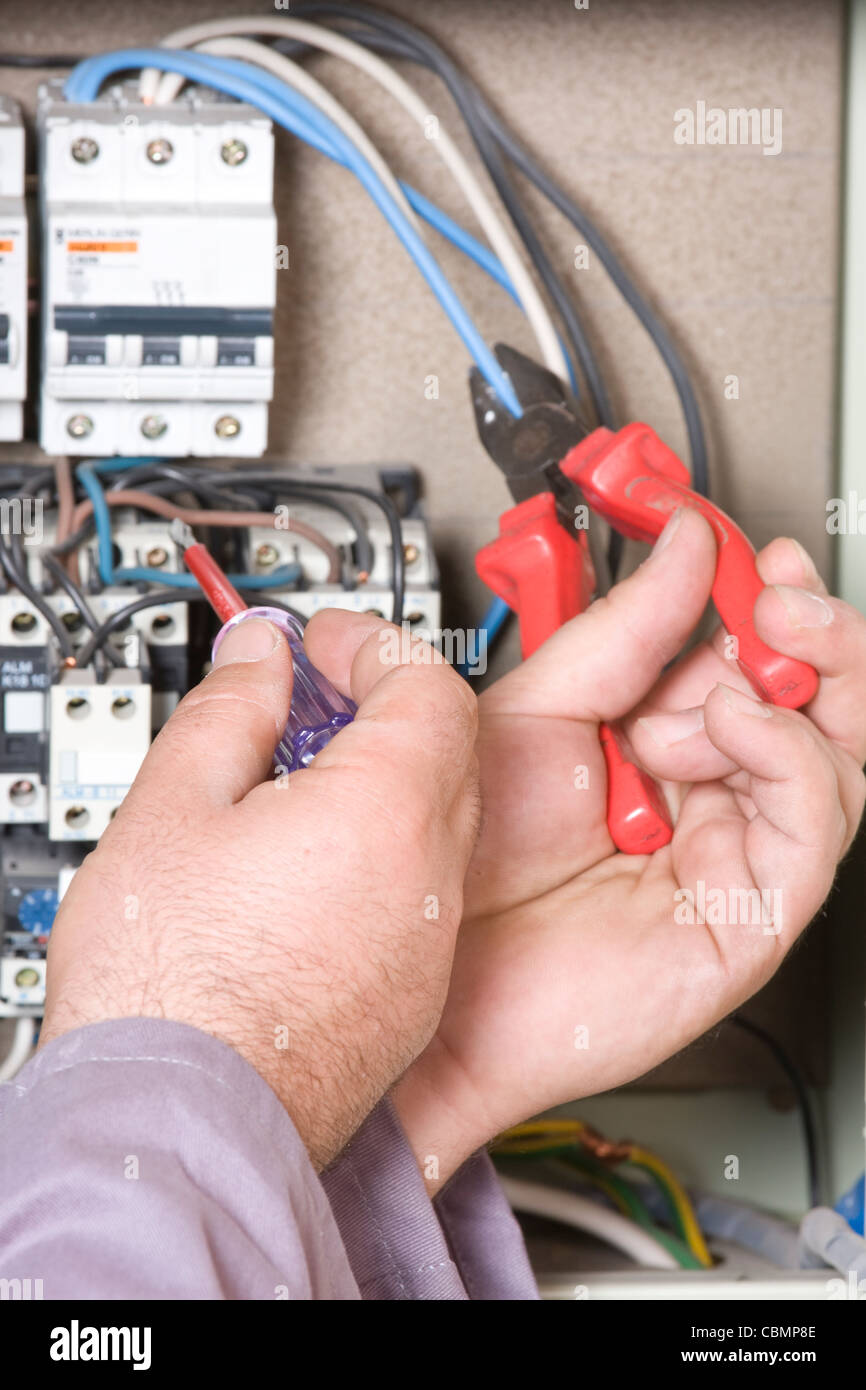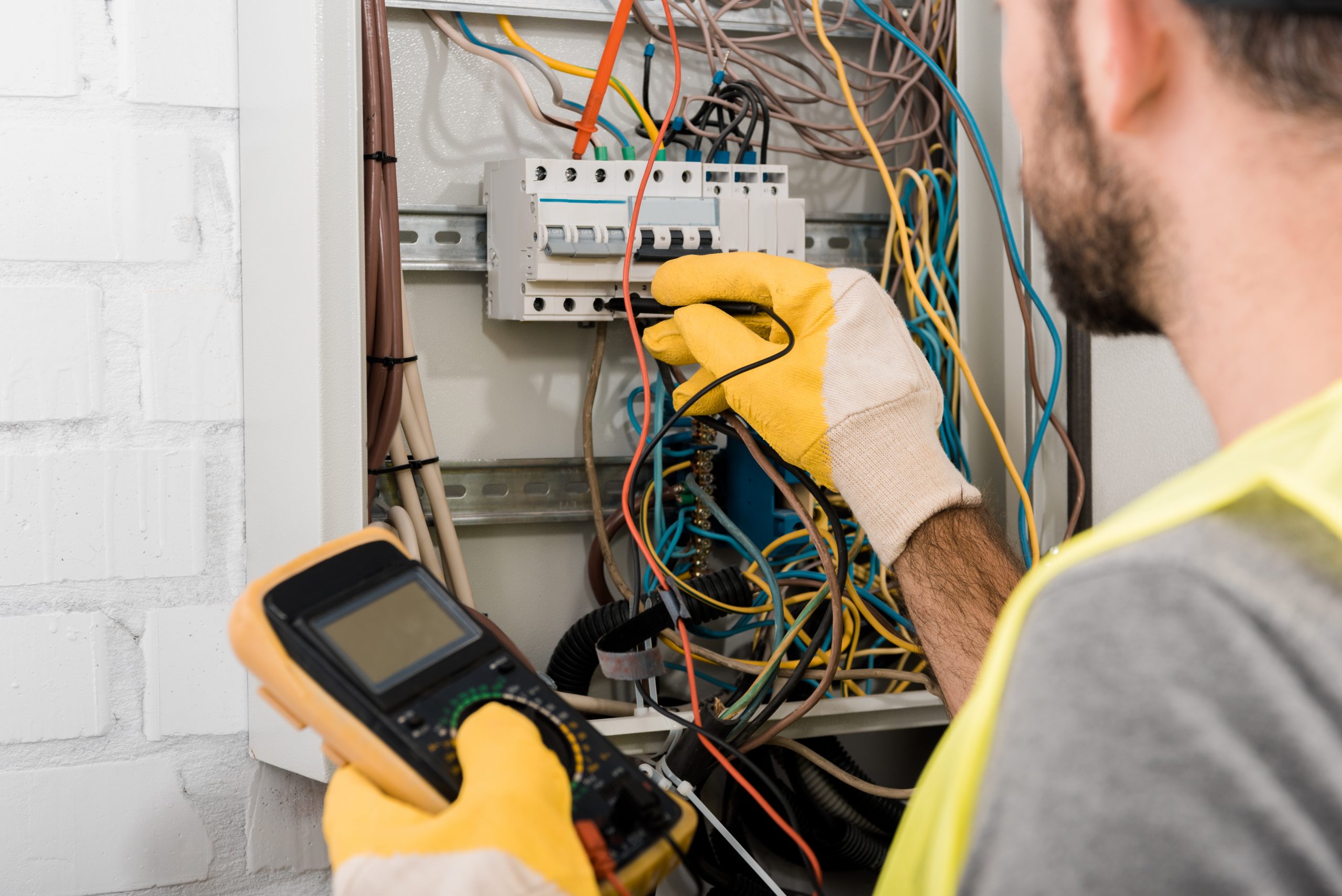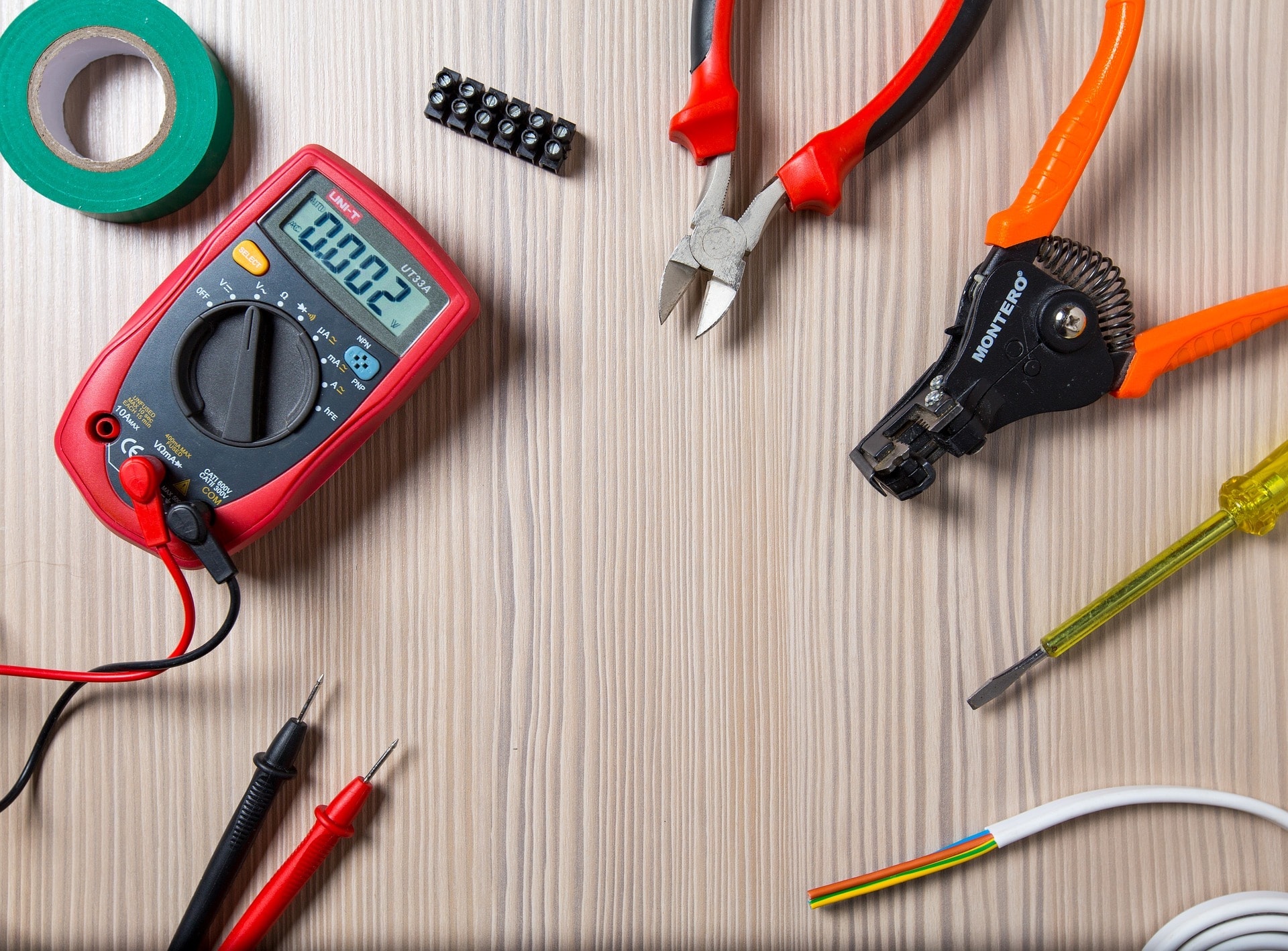Introduction
The kitchen is one of the most used rooms in a house, and having a functional light is essential for cooking, cleaning, and general everyday tasks. However, it can be frustrating when the kitchen light suddenly stops working after going into the attic. There could be several reasons for this issue, and it's important to address them to get your kitchen light working again. In this article, we will discuss the top 10 reasons why your kitchen light may not be working after going into the attic and how to fix them.
Check the Circuit Breaker
The first thing you should do when your kitchen light stops working is to check the circuit breaker. If the circuit breaker has tripped, it could have cut off the power supply to your kitchen light. Locate the circuit breaker and check if the switch for the kitchen light is in the "off" position. If it is, simply flip it to the "on" position and see if the light turns on. If the circuit breaker keeps tripping, it could be a sign of an overloaded circuit, and you may need to call an electrician for further inspection.
Check the Light Switch
Another possible reason for your kitchen light not working could be a faulty light switch. If the switch is not making proper contact, it could be preventing the flow of electricity to the light. Start by turning the switch on and off a few times to see if that makes a difference. If it doesn't, you may need to replace the light switch.
Inspect the Light Bulb
It's easy to overlook the obvious, but sometimes the issue could be as simple as a burnt-out light bulb. Take the light bulb out and check if the filament is broken. If it is, replace the light bulb with a new one and see if that solves the problem. If the light bulb looks fine, try testing it in another fixture to see if it works. If it doesn't, then the issue could be with the light bulb itself.
Look for Loose Connections
Loose connections can also cause your kitchen light to stop working. After going into the attic, there's a chance that the wires may have become loose, causing a disruption in the flow of electricity. Carefully inspect the wiring and make sure everything is securely connected. If you find any loose connections, tighten them and see if that fixes the issue.
Check the Wiring in the Attic
Speaking of wiring, it's also important to check the wiring in the attic. If there are any damaged or frayed wires, they could be the reason why your kitchen light is not working. This is especially common in older homes where the wiring may have worn out over time. If you're not comfortable working with wiring, it's best to call a professional electrician to handle the repairs.
Replace the Light Fixture
If your kitchen light is still not working after trying the above solutions, it's possible that the light fixture itself is the issue. Over time, light fixtures can wear out and need to be replaced. Before purchasing a new fixture, make sure to check the wiring and connections to ensure they are not the problem. If everything looks fine, then it's safe to assume that the light fixture needs to be replaced.
Check for Water Damage
If your kitchen light is located near a window or sink, there's a chance that water may have seeped into the wiring, causing damage. This is a serious issue and should be addressed immediately. If you notice any signs of water damage, turn off the power to the kitchen light and call a professional electrician for repairs.
Test the Voltage with a Multimeter
If you have a multimeter, you can test the voltage of the kitchen light to see if it's receiving electricity. Set the multimeter to the appropriate voltage and touch the probes to the wires connected to the light fixture. If the reading is zero, it means that there is no electrical current flowing to the light. This could be a sign of a larger electrical issue and should be handled by a professional.
Look for Signs of Rodent Damage
Rodents can cause all sorts of damage in your attic, including chewing through wiring. If you notice any signs of rodent activity or damage in the attic, it's possible that they have caused the kitchen light to stop working. Inspect the wiring for any signs of chewing or damage and address it accordingly. It's also a good idea to take measures to prevent rodents from entering your attic in the future.
Kitchen Light Doesn't Work After Going in Attic: Possible Causes and Solutions
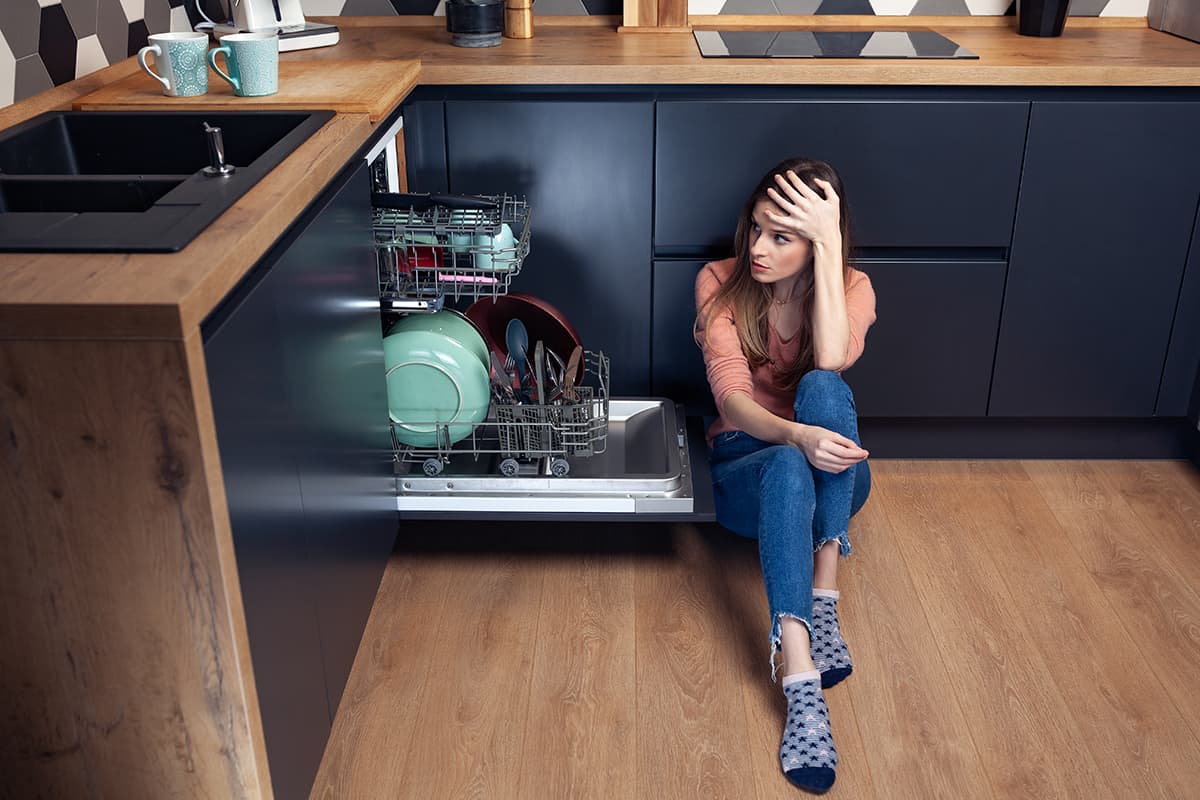
The Importance of Proper Lighting in House Design
 Lighting plays a crucial role in house design, not only for its functionality but also for its aesthetic appeal. It can enhance the overall atmosphere and ambiance of a room, making it feel cozy, welcoming, and inviting. Proper lighting can also make a space appear larger, brighter, and more open. That's why it can be frustrating when a kitchen light suddenly stops working, especially after going into the attic. There are several possible causes for this issue, and understanding them can help you find the right solution.
Lighting plays a crucial role in house design, not only for its functionality but also for its aesthetic appeal. It can enhance the overall atmosphere and ambiance of a room, making it feel cozy, welcoming, and inviting. Proper lighting can also make a space appear larger, brighter, and more open. That's why it can be frustrating when a kitchen light suddenly stops working, especially after going into the attic. There are several possible causes for this issue, and understanding them can help you find the right solution.
Possible Causes of a Kitchen Light Not Working After Going in Attic
Solutions for a Kitchen Light Not Working After Going in Attic
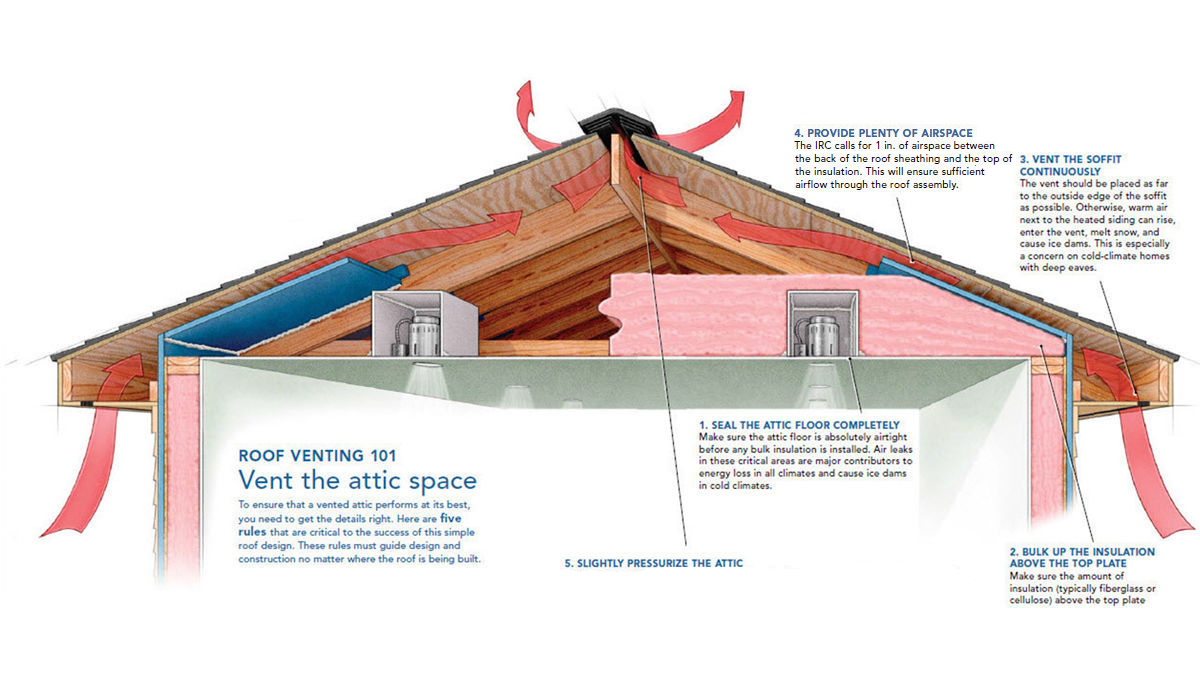 1. Check the Wiring:
If the issue is caused by loose or disconnected wires, you can easily fix it by reattaching them. Make sure to turn off the power before working on the wires to avoid any accidents.
2. Reset the Circuit Breaker:
If the circuit breaker has tripped, simply reset it by flipping the switch back on. However, if this happens frequently, it may be a sign of an overloaded circuit, and you may need to redistribute the power load by using different circuits for your appliances.
3. Replace the Light Fixture:
If the problem is with the light fixture, you may need to replace it with a new one. This is also a good opportunity to upgrade to a more energy-efficient and modern fixture.
1. Check the Wiring:
If the issue is caused by loose or disconnected wires, you can easily fix it by reattaching them. Make sure to turn off the power before working on the wires to avoid any accidents.
2. Reset the Circuit Breaker:
If the circuit breaker has tripped, simply reset it by flipping the switch back on. However, if this happens frequently, it may be a sign of an overloaded circuit, and you may need to redistribute the power load by using different circuits for your appliances.
3. Replace the Light Fixture:
If the problem is with the light fixture, you may need to replace it with a new one. This is also a good opportunity to upgrade to a more energy-efficient and modern fixture.
In Conclusion
 Having a kitchen light that doesn't work after going into the attic can be frustrating, but it's a common issue with simple solutions. By checking the wiring, resetting the circuit breaker, or replacing the light fixture, you can get your kitchen light shining bright again in no time. Don't let this small problem dampen the overall design and atmosphere of your home. Remember to always take proper precautions and consult a professional if you are unsure about any electrical work.
Having a kitchen light that doesn't work after going into the attic can be frustrating, but it's a common issue with simple solutions. By checking the wiring, resetting the circuit breaker, or replacing the light fixture, you can get your kitchen light shining bright again in no time. Don't let this small problem dampen the overall design and atmosphere of your home. Remember to always take proper precautions and consult a professional if you are unsure about any electrical work.



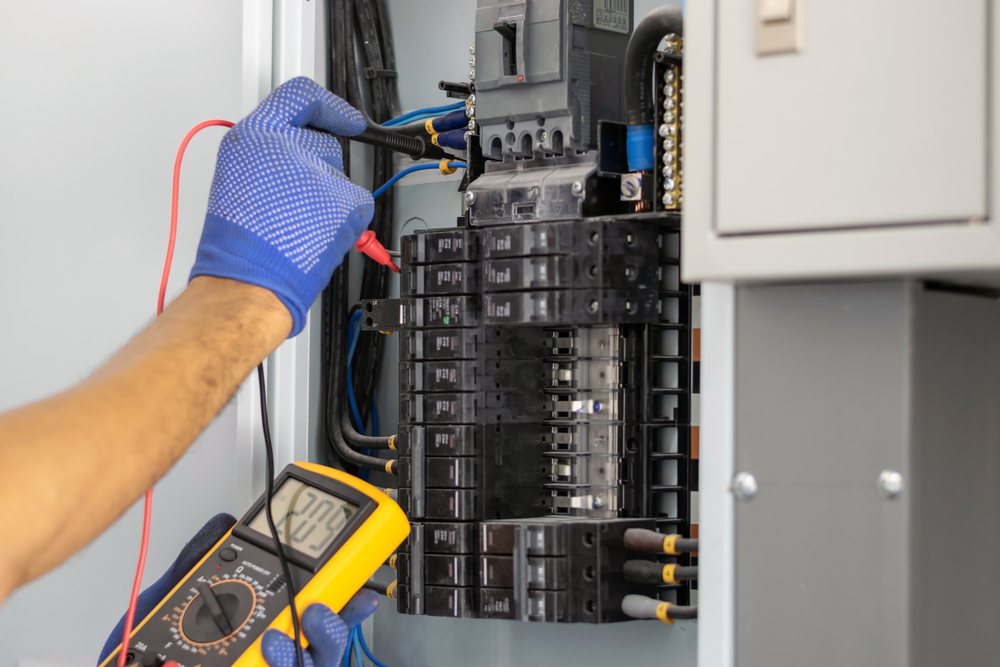

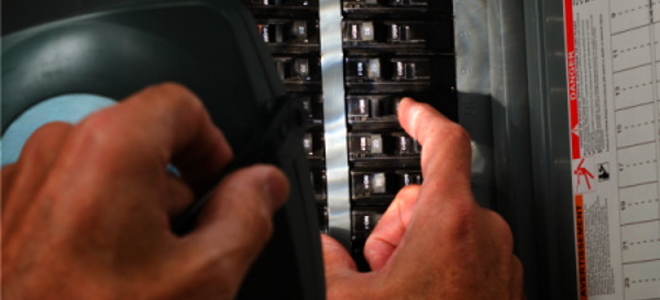


:max_bytes(150000):strip_icc()/circuit-breakers-how-to-reset-a-circuit-breaker-1152756-hero-e69fdfecd2d64a06800fa0f77089c98f.jpg)





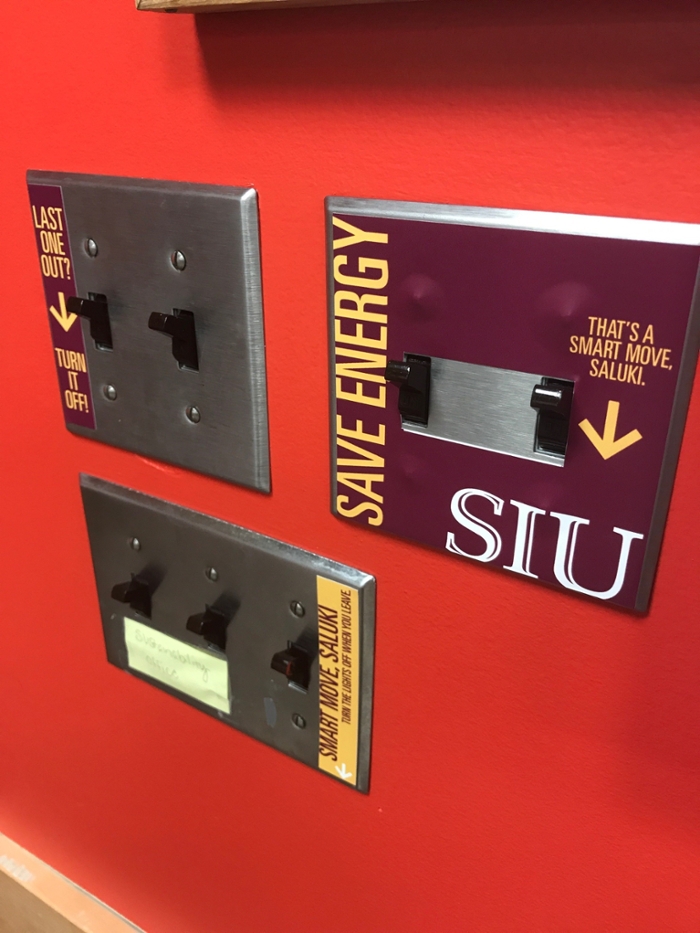







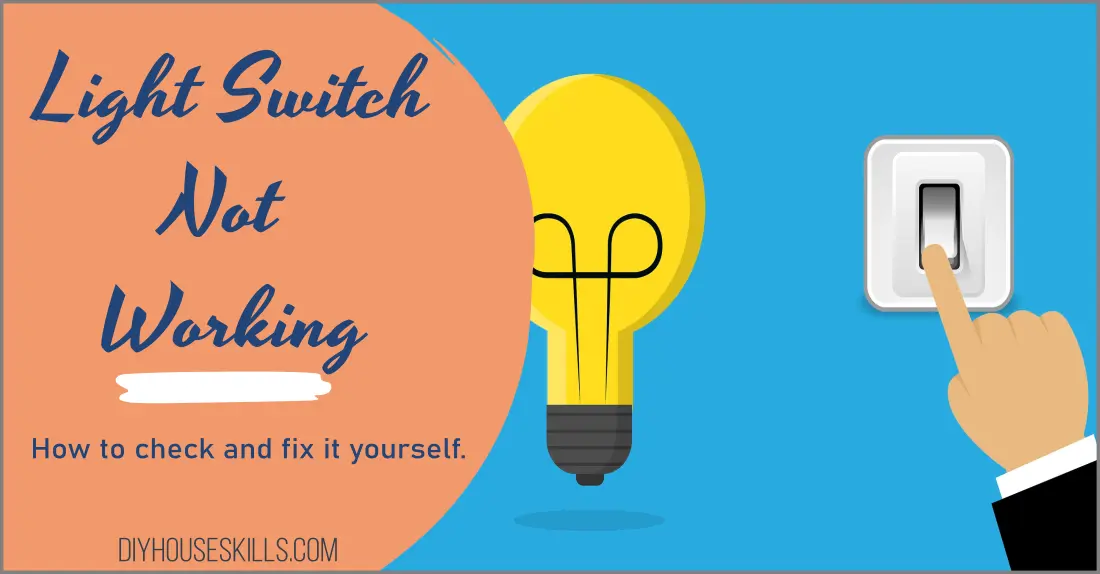
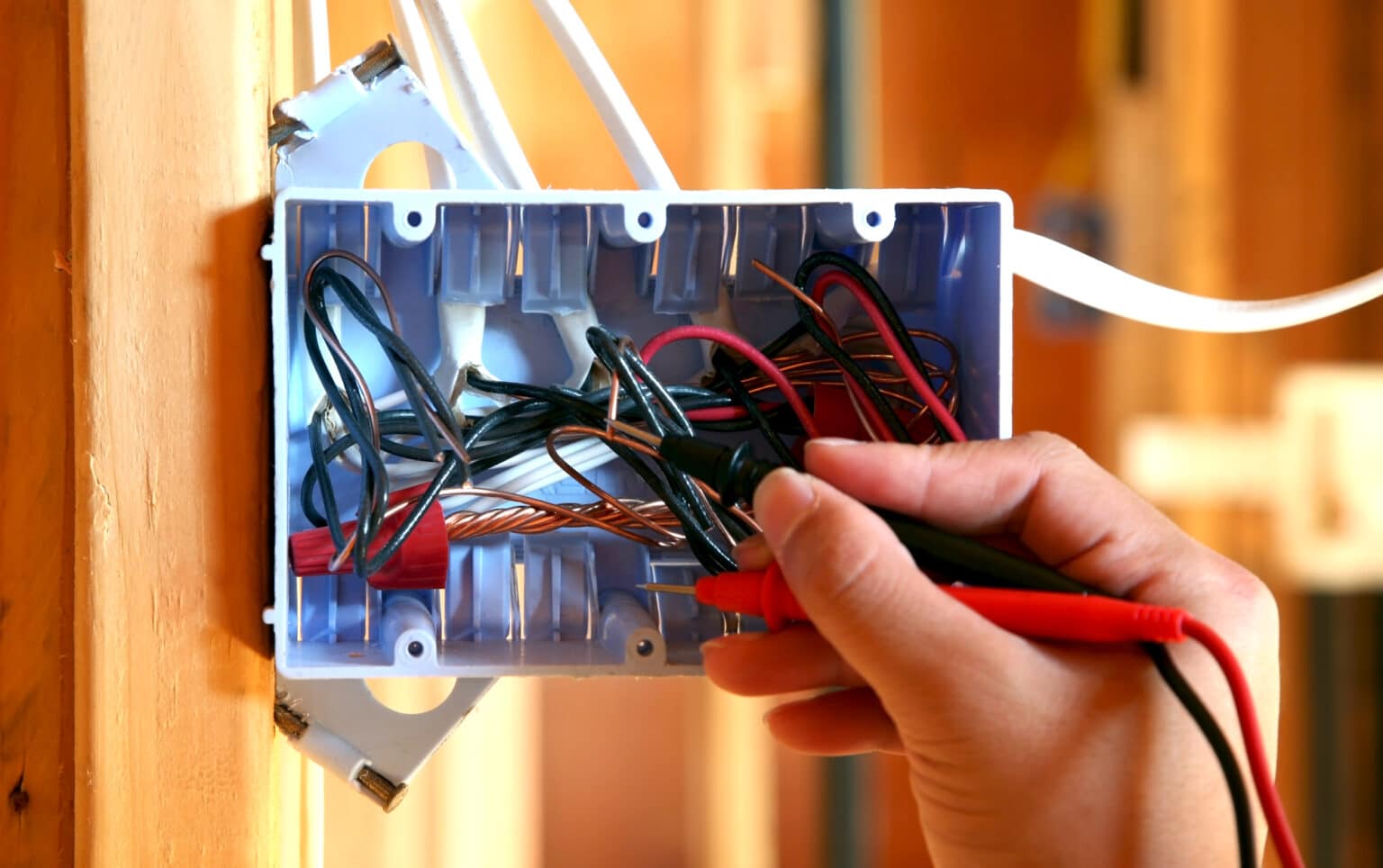








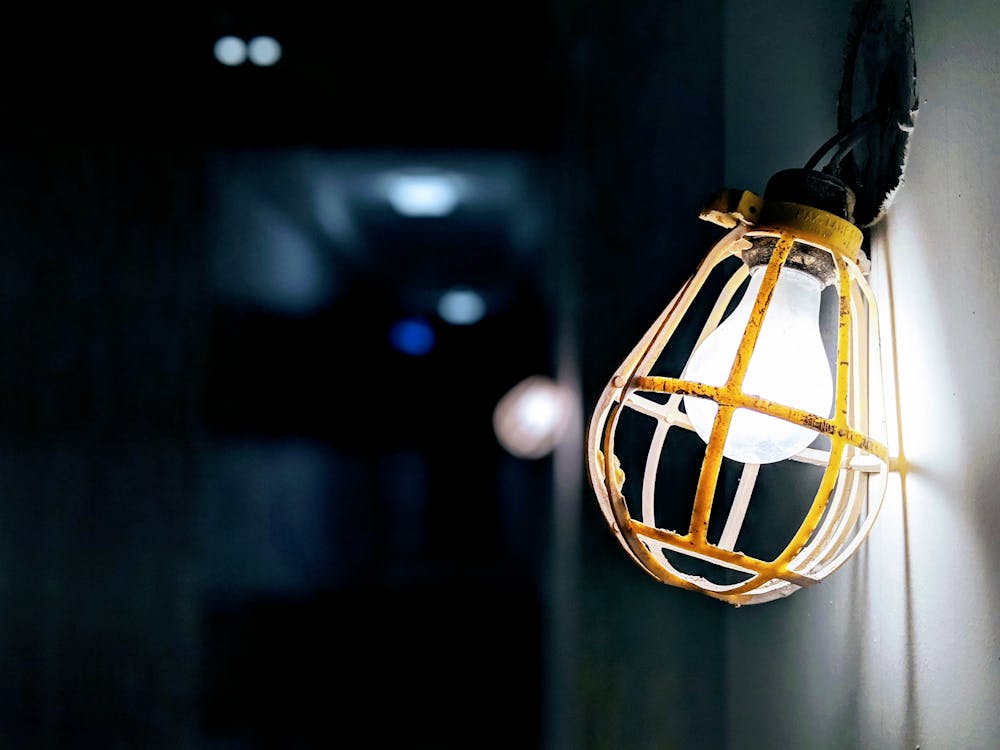


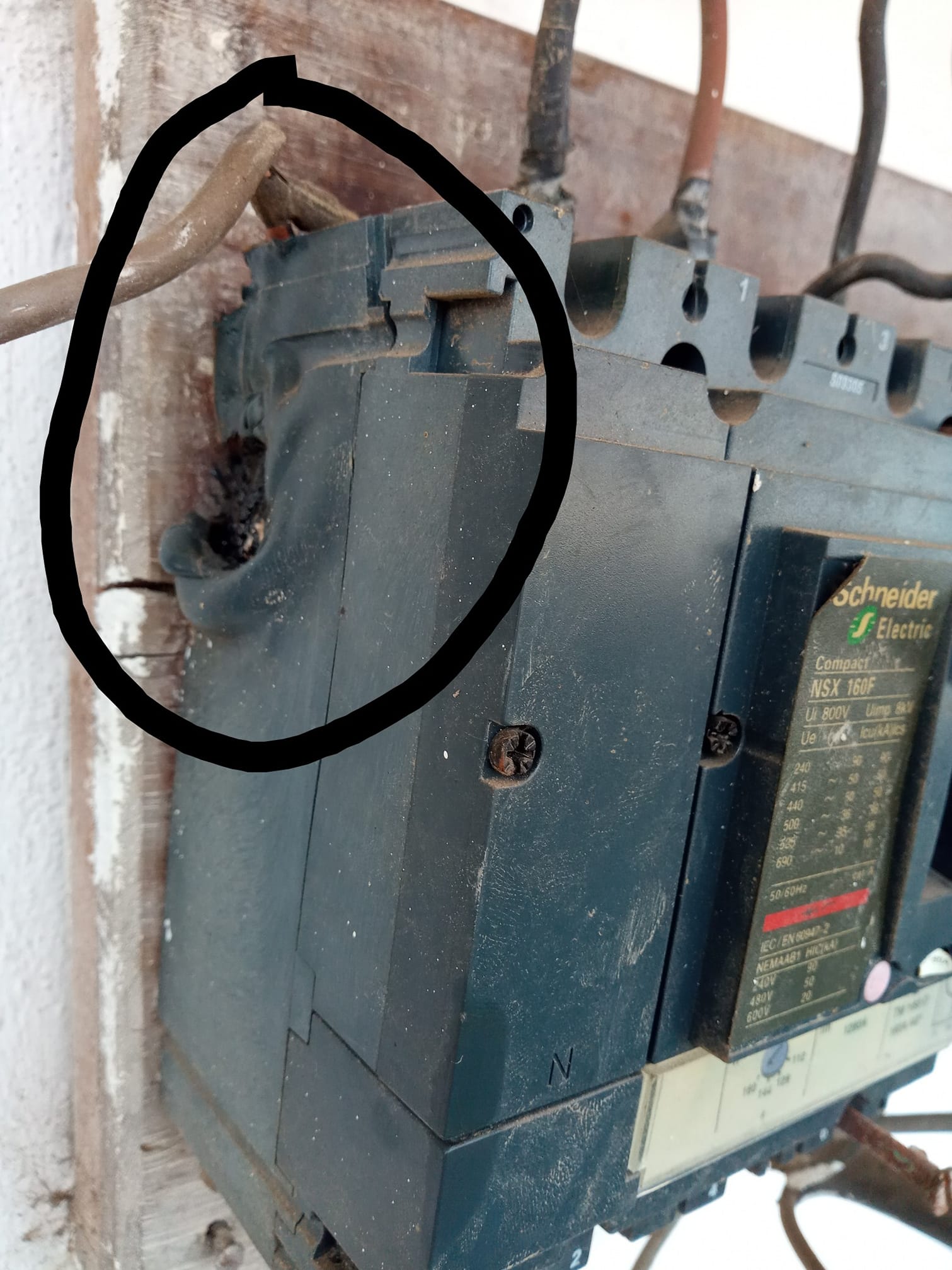













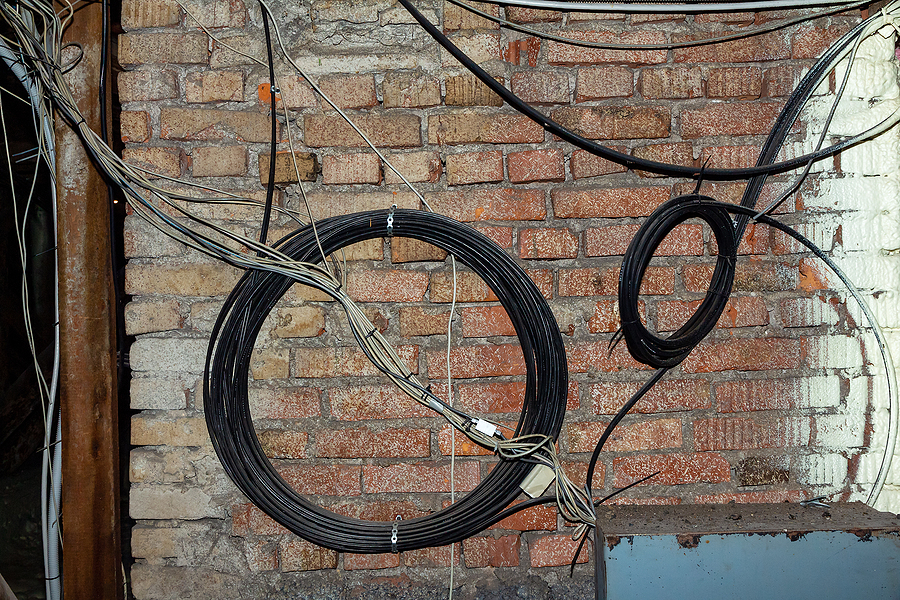
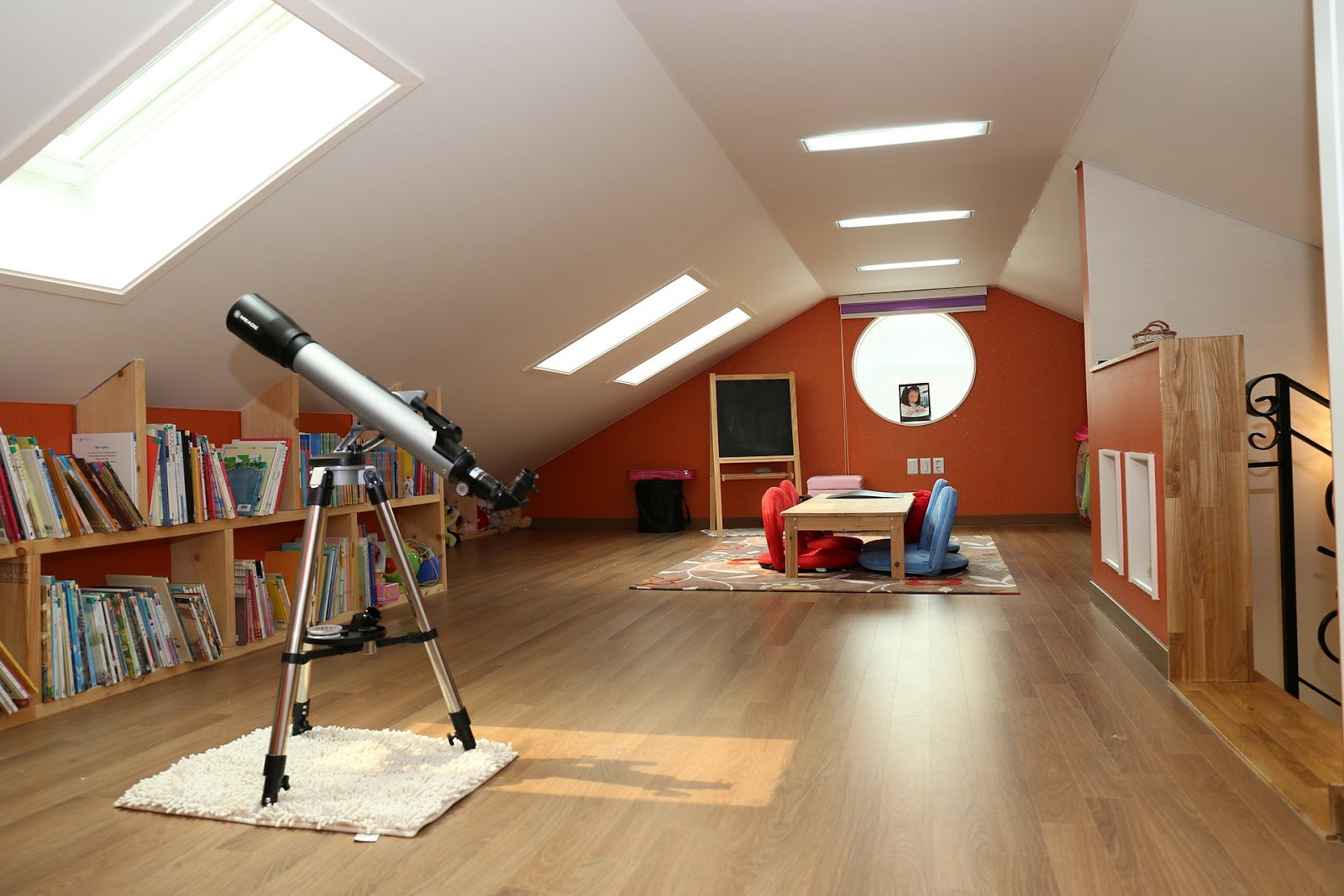


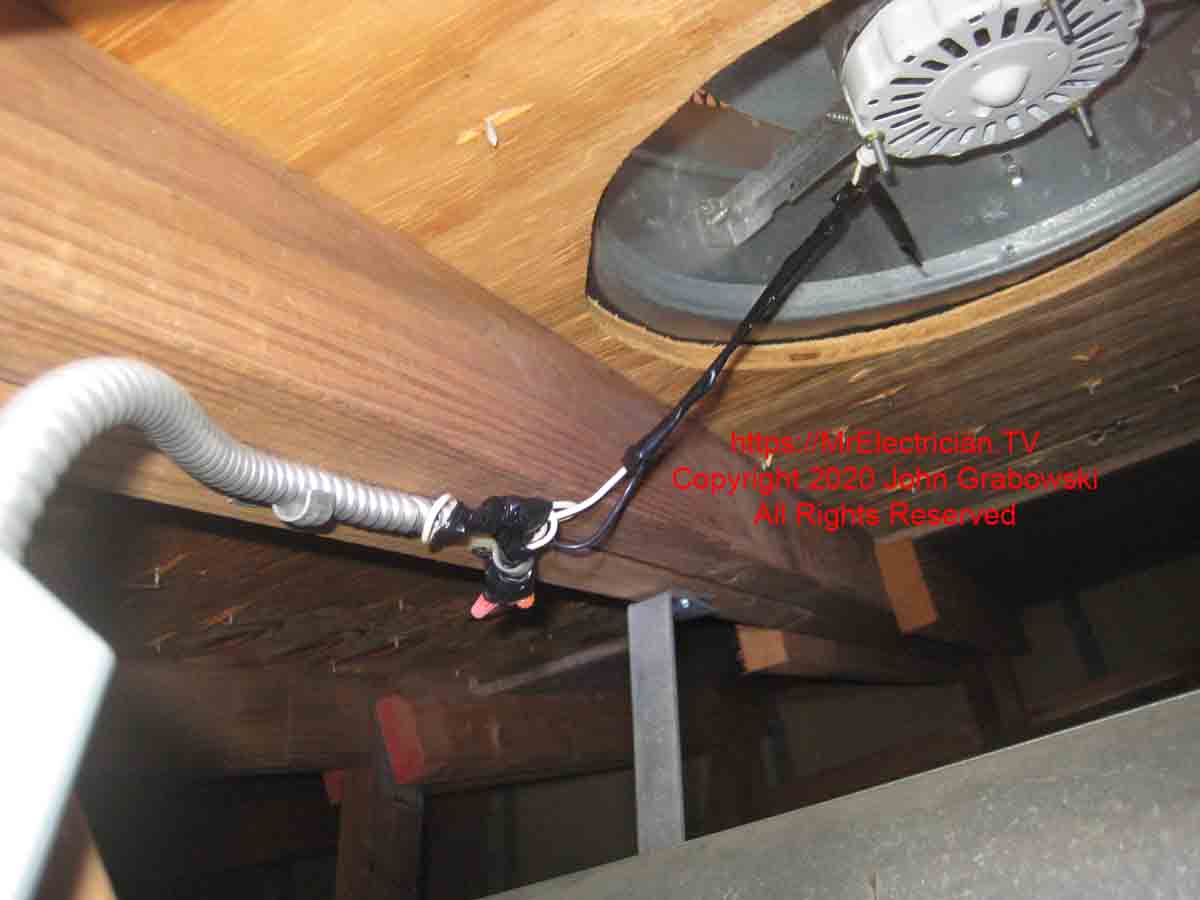






:max_bytes(150000):strip_icc()/how-to-replace-ceiling-light-fixture-1824657-03-d0831082affb46be9ab0fb2652da8092.jpg)
